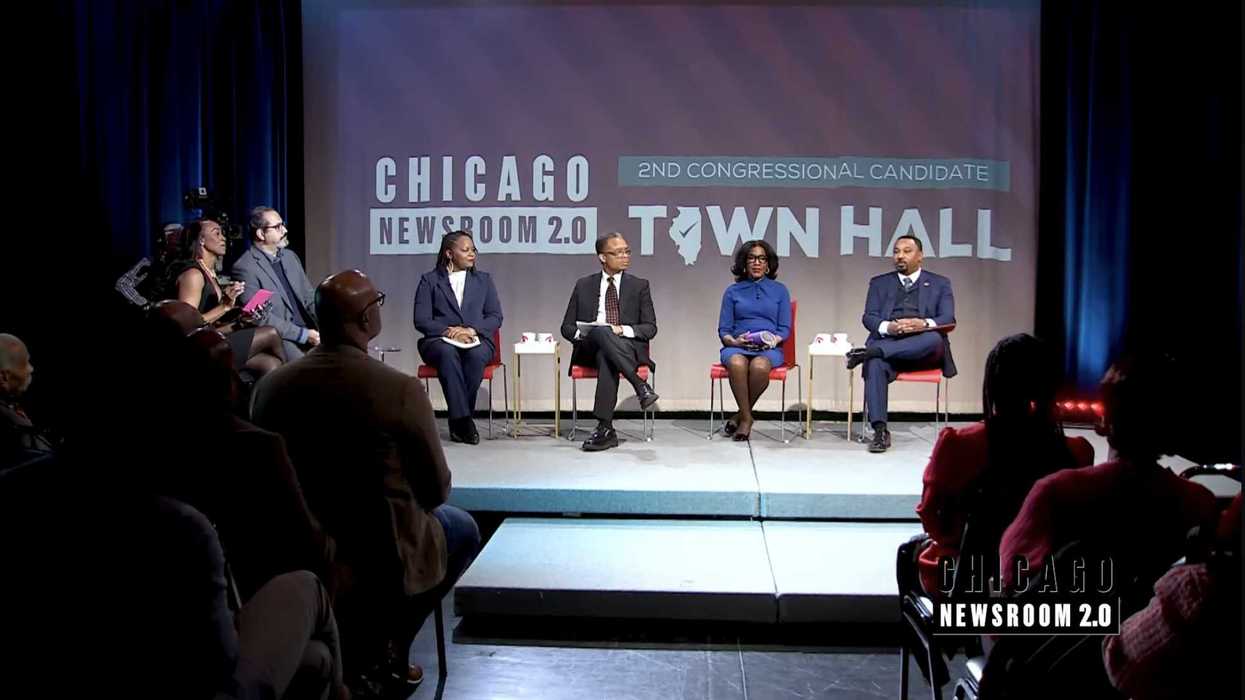Alli Myatt is the Co-founder of The Equity Practice, and a Public Voices Fellow through The OpEd Project. She holds a bachelor’s degree from Cornell University, and an MBA from the Wharton School of Business.
The recent U.S. Supreme Court decision declaring affirmative action programs that use race- conscious rating systems unconstitutional is like a game of chess.
It offers an opportunity to completely overhaul admissions to be more liberatory and serve the students and society better.
Growing up, my brother tried to teach me how to play chess by revealing the basics a little at a time. After I would move a piece, he would reveal another rule that would allow him to capture one of my pieces and take him one step closer to beating me at the game. He clearly designed the conditions for play so he could win. I quickly declared the game over because he was making the rules to advantage himself.
Similarly, it is necessary to declare "game over" for the current approach to elite university admissions. The SCOTUS decision inspired outrage and condemnation.
But it is crucial to not return to what was. The current admissions process was rigged from its inception to advantage rich, white people and the current model does not even predict success in school.
Audre Lorde wrote, “For the master's tools will never dismantle the master's house. They may allow us temporarily to beat him at his own game, but they will never enable us to bring about genuine change.” It's time to redesign these processes with new tools.
The original intention still affects Harvard. Its legacy admission policies benefit the wealthiest in our nation.
This is not just about Harvard; other elite institutions such as Princeton, Yale, and Duke universities as well as Massachusetts Institute of Technology have similar legacies. A 2017 study by economist Raj Chetty showed there were more students from families in the top 1 percent of income earners than students from the bottom 50 percent at elite colleges.
Lest someone argue admissions should focus on class and not race, it is important to note that the top 1 percent of income earners are over 90 percent white. As SCOTUS Justice Ketanji Jackson Brown stated in her dissent in the Affirmative Action Case, “Deeming race irrelevant… does not make it so in life.”
It is devastating to see the level of dismay of students of color, realizing the highest court in the land deemed them unwelcome at elite colleges and that they may buy into the lie that the only reason they could get into these schools is because of their race.
As a Black former student who attended two Ivy League colleges during my academic career, I know what it's like to have your accomplishments diminished and discounted due to your race despite evidence of your qualifications.
I also worked in admissions and have been in the rooms when these decisions are being made. I can confirm unequivocally that students of color who are admitted are extraordinary, accomplished and 100 percent deserve to be there.
As Toni Morrison once said, “The very serious function of racism is distraction. It keeps you from doing your work. It keeps you explaining, over and over again, your reason for being… None of this is necessary. There will always be one more thing.”
Students deserve an admissions process that does not distract them from their brilliance and results in the equitable outcomes our society desperately needs.
Administrators, faculty, funders, policy makers and all stakeholders need to support colleges and universities to educate all future leaders. Society benefits when leaders reflect the entire community.
To be sure, some may name the alleged harm that happens to Asian students as a result of Affirmative Action, though several Asian leaders have refuted these claims. This SCOTUS case was bought by a white man, and no Asian student testified on his behalf.
These tactics pitting one group against another are attempts to separate people of color from each other and keep them from acting in solidarity to create admissions practices where all students can shine.
Higher education institutions need to be anti-racist. This is possible by identifying what qualities contribute to student learning and the many ways that students might demonstrate those qualities in a holistic way.
It is urgent to abolish the measures that advantage the privileged and wealthy. Society will be more just if enrollment efforts are not a rigged game and administrators find ways to see brilliance in more places and bring those students together to learn from each other.
That is a win-win.



















